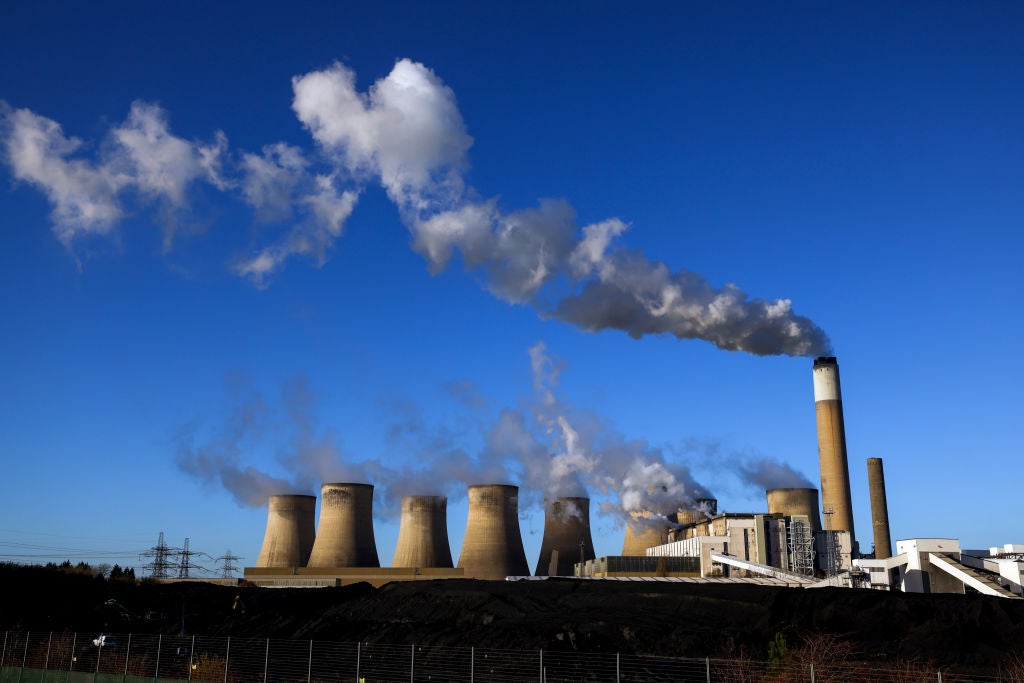
In response to surging demand for air-conditioning during June heatwaves, National Grid, the UK’s electricity system operator (ESO), has resorted to using coal to generate electricity, marking the end of a 47-day streak without the fuel on the UK power grid. The decision has drawn criticism from environmental campaigners, who argue that relying on coal-fired power plants undermines efforts to combat climate change.
June temperatures have soared above 30°C (86˚F) and meteorologists have predicted a 45% likelihood of Britain experiencing a hot summer, almost 2.3 times higher than the usual figure. Consequently, the increased demand for power from air conditioning units is straining the electricity grid. Globally, air conditioning accounts for approximately one-fifth of total electricity consumption in buildings, according to the International Energy Agency.
To meet the additional power demand, the ESO asked Uniper, owner of the Ratcliffe-on-Soar coal-fired power station in Nottinghamshire in the UK, to activate one unit, reported the Guardian last week. Another unit was warmed up to cater to the evening peak in power usage. This decision was driven by low wind generation and planned maintenance at the Torness nuclear power station in Scotland, which resulted in a reduction of available generation by a further 1.3GW, said the consultancy LCP Delta. A fault on the 1.4GW North Sea Link interconnector between the UK and Norway a week earlier also cut power flows in half while it was repaired.
Green campaigners have expressed dismay over the fresh reliance on coal. Ami McCarthy, political campaigner for Greenpeace UK, emphasised the need for upgrading the energy grid to support renewable energy sources. "It is a sign of failure that the National Grid is turning to one of the most polluting forms of power generation to deal with a summer heatwave that we know has been made worse because of climate change," McCarthy told the Guardian’s Alex Lawson.
National Grid has previously advised consumers to enhance the energy efficiency of their air conditioning units by cleaning or replacing reusable filters, closing windows and doors, and using curtains to block sunlight and heat.
Ratcliffe-on-Soar power station, among several coal-fired plants placed on standby over the winter, had its fourth unit's lifespan extended by two years following fears of blackouts in Britain after Russia’s invasion of Ukraine. However, all units are now scheduled to shut down by September 2024 as part of the UK's phase out of coal for power generation.



